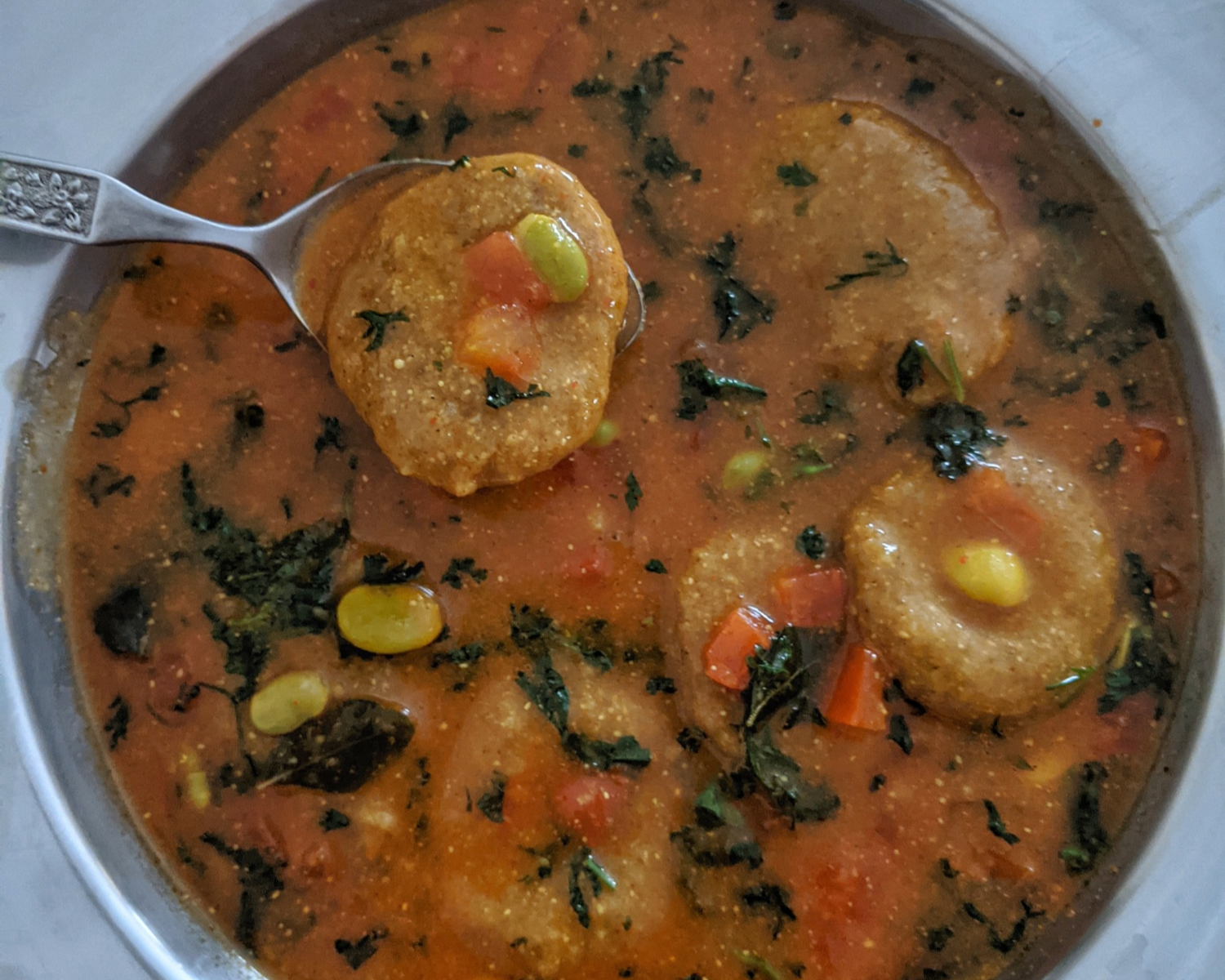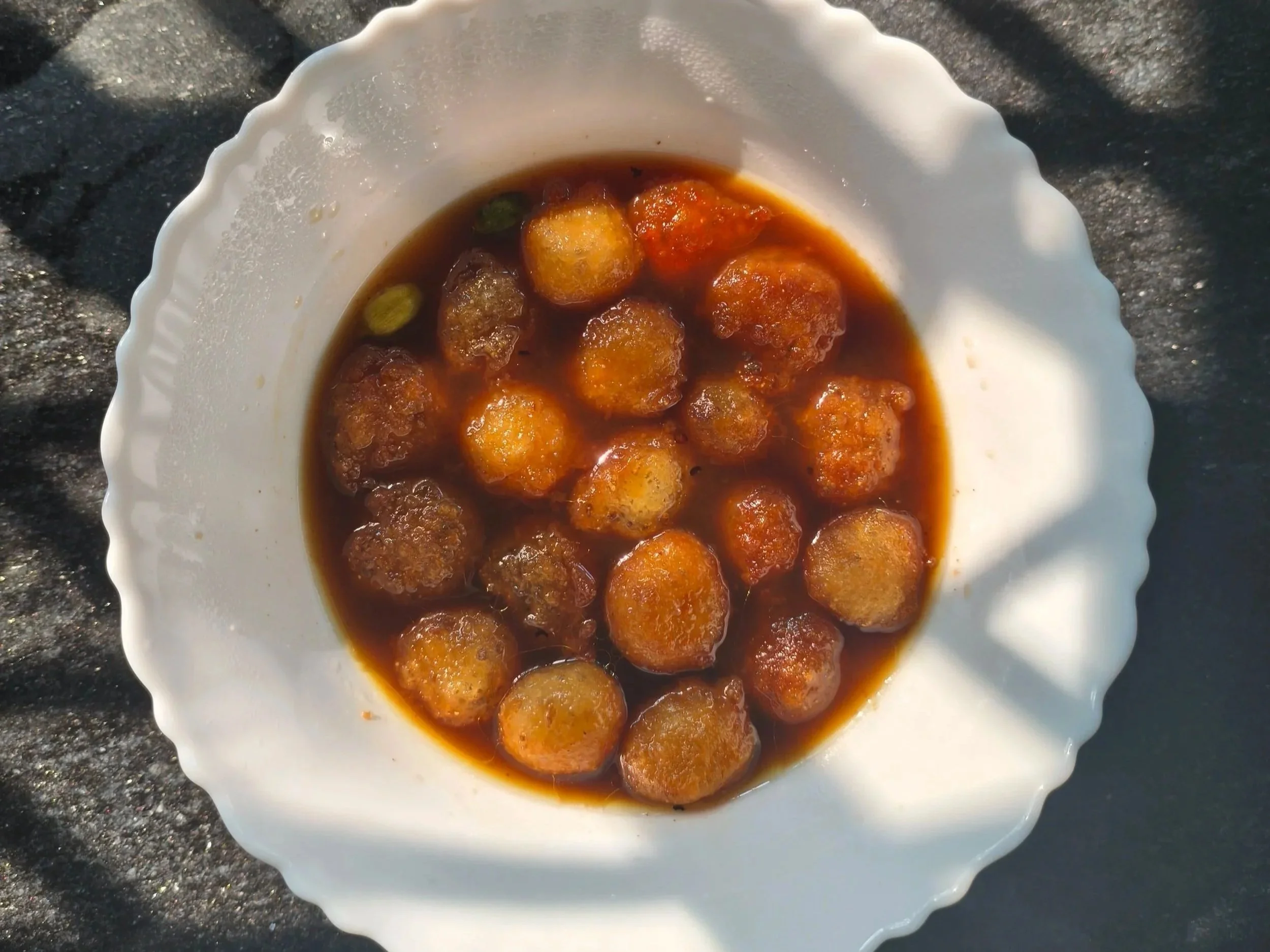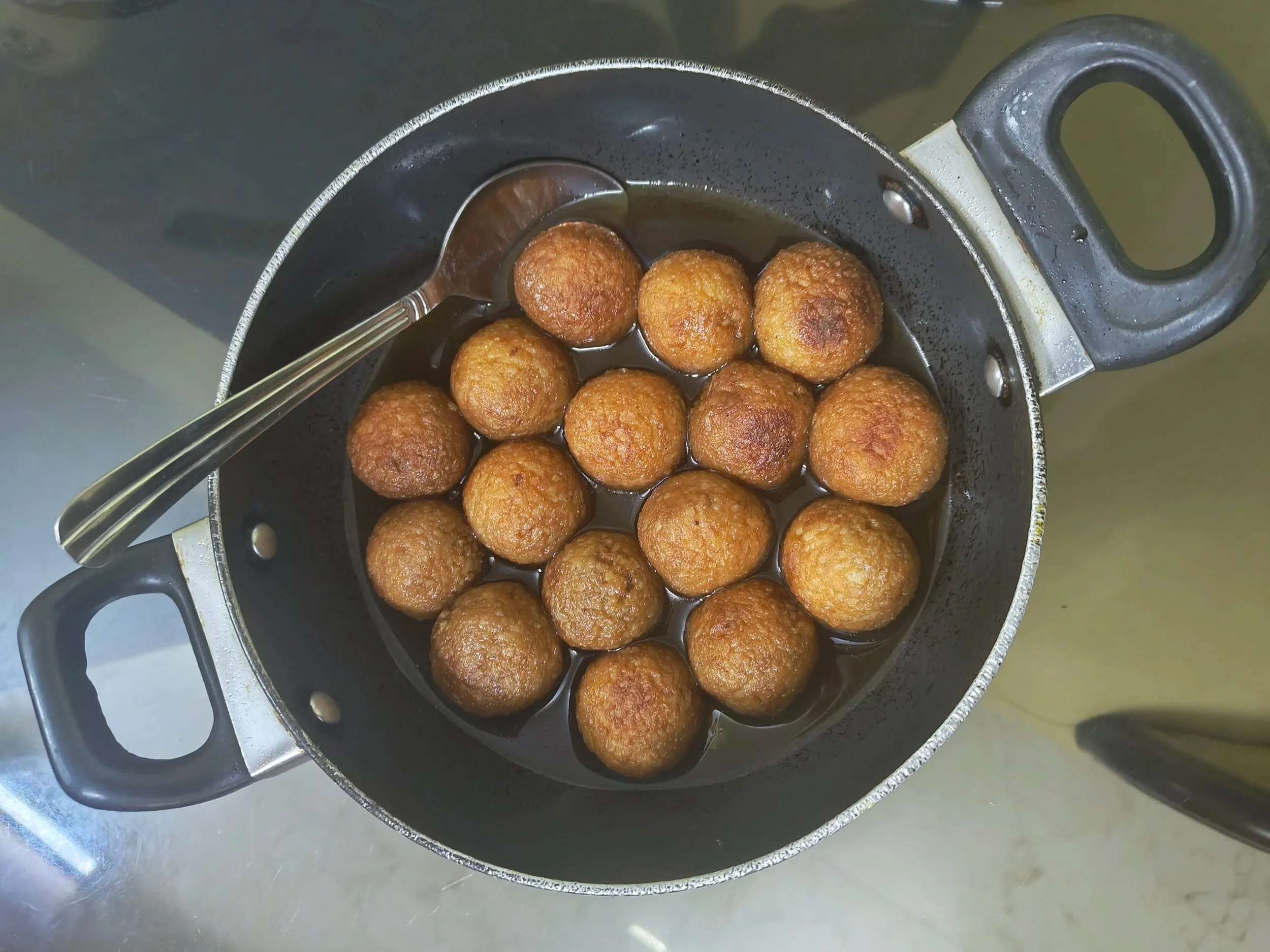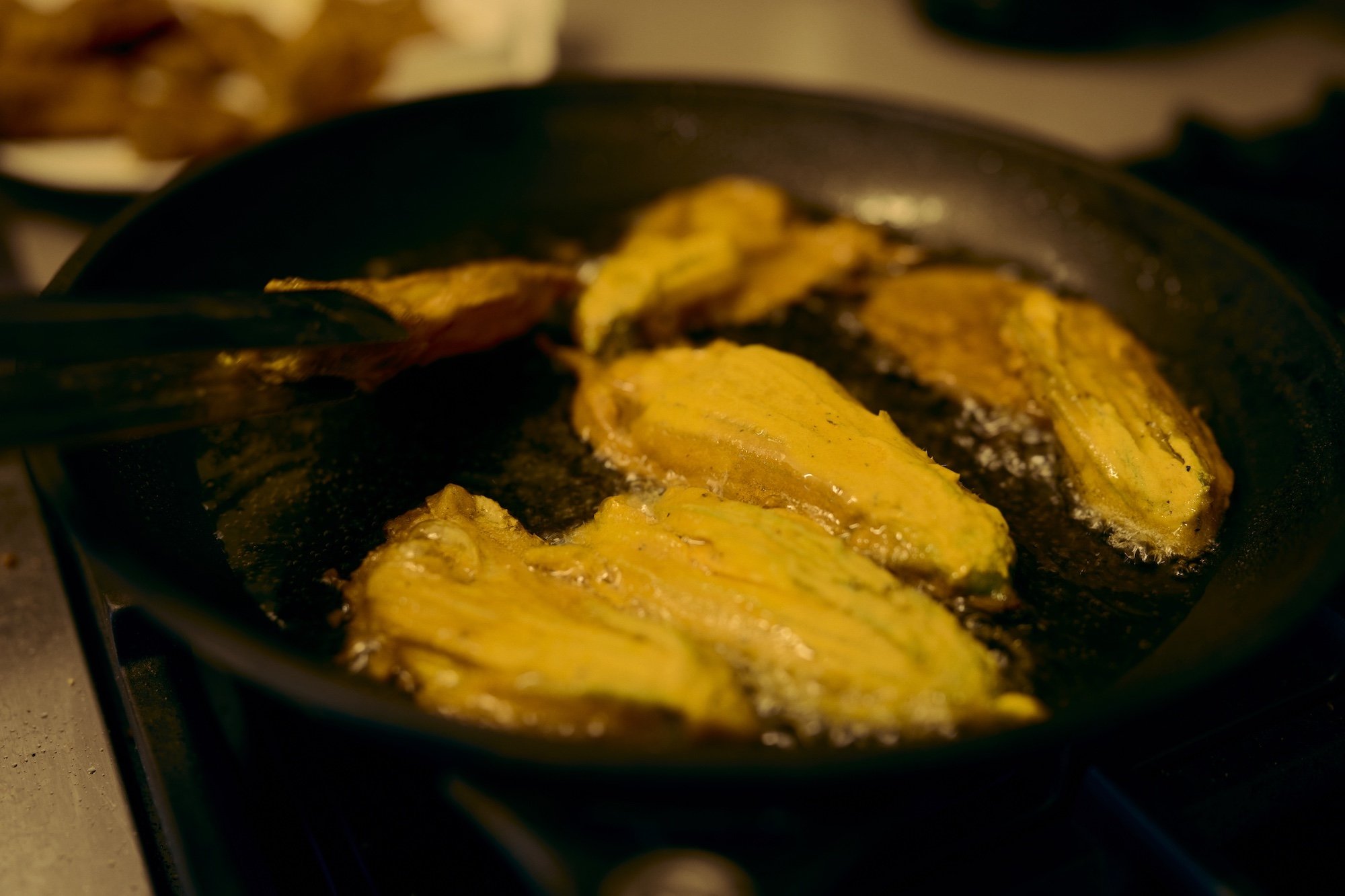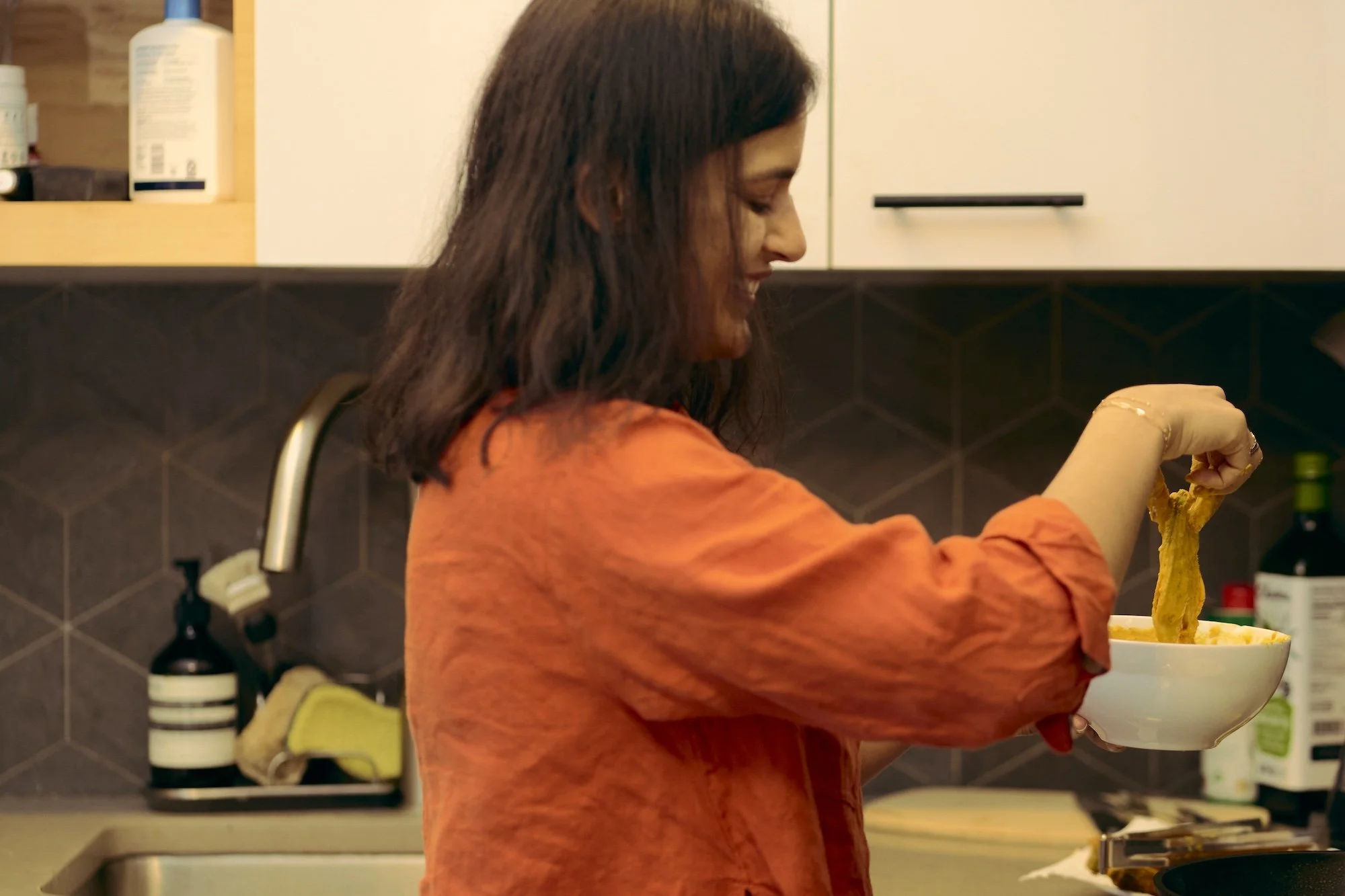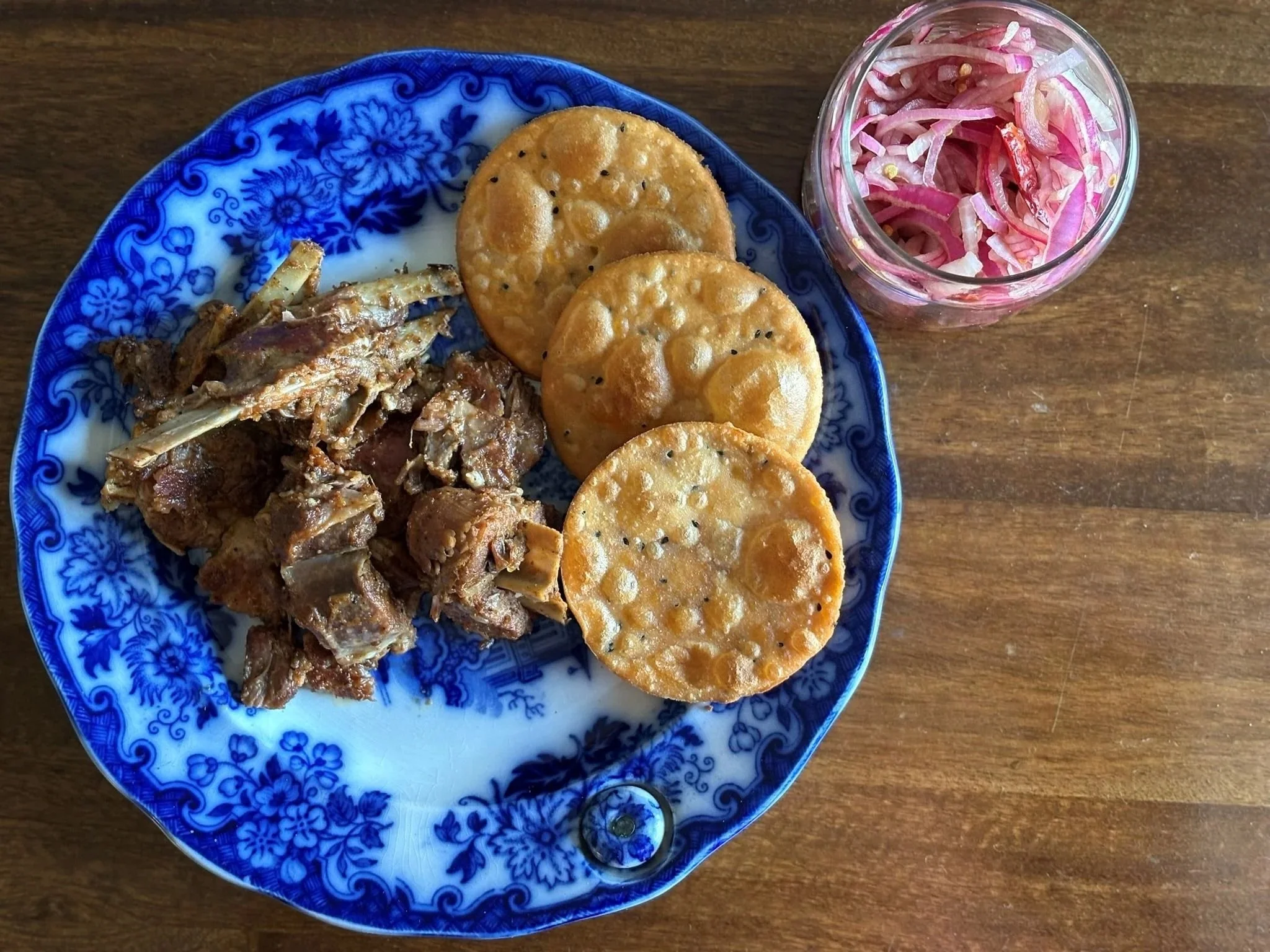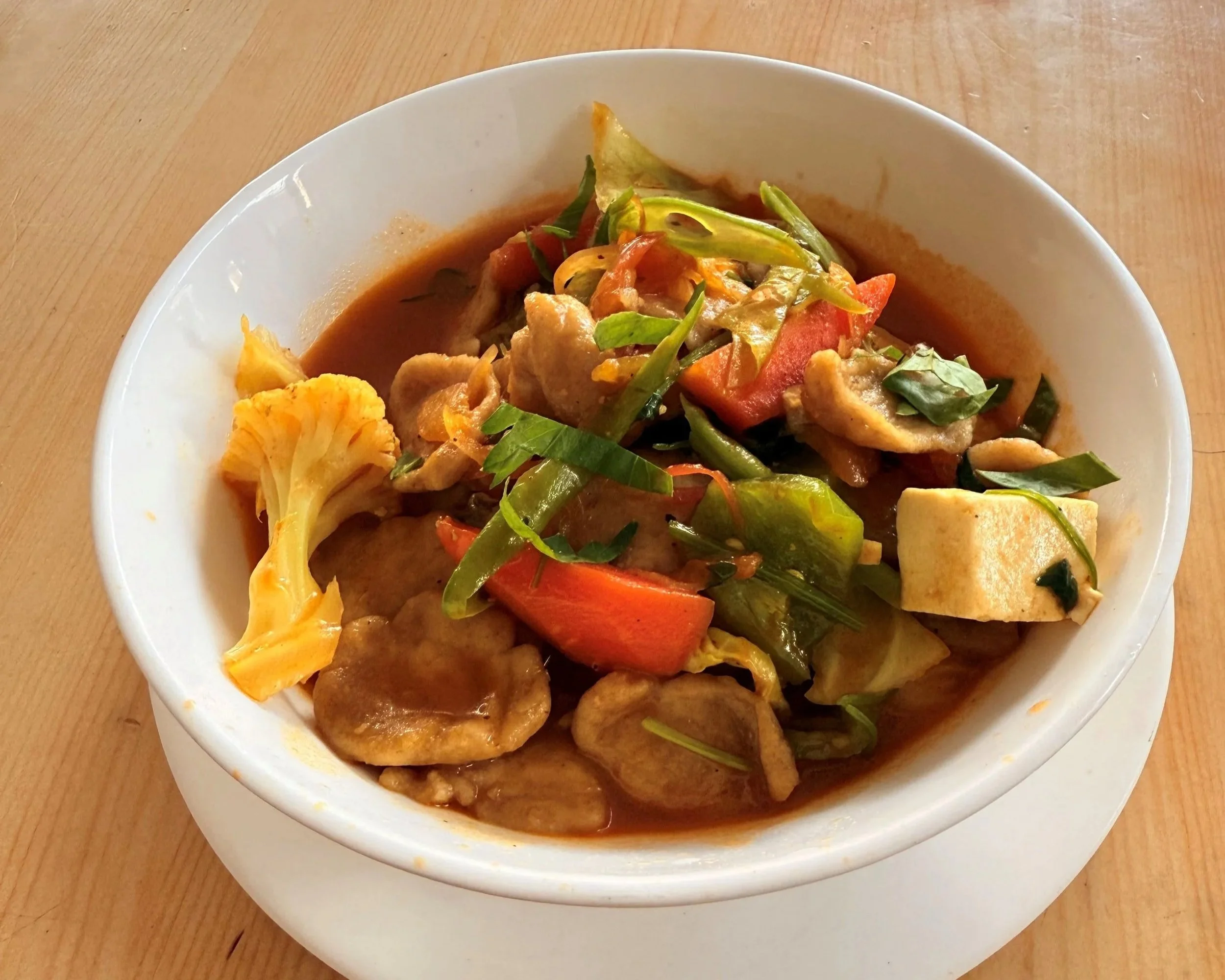Kashmiri Food Entrepreneurs are Reclaiming the Narrative
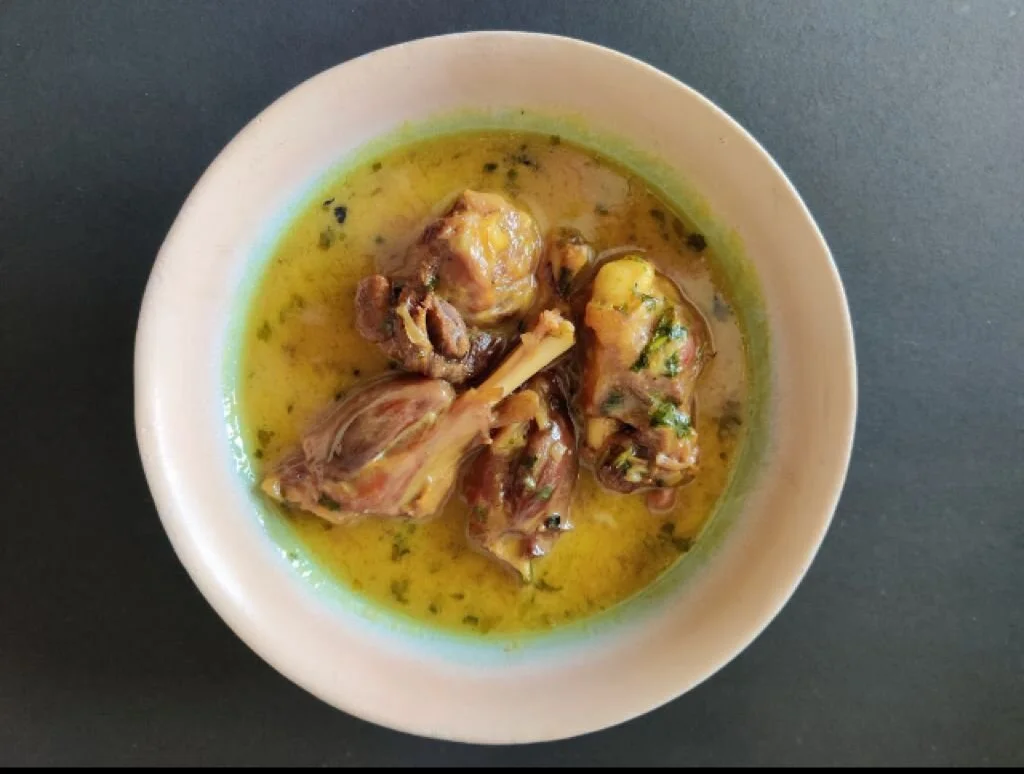
Kashmiri home-chefs and restaurateurs in the country are hoping to reclaim the narrative, and offer an authentic representation of home, through food.
In the multi-cultural milieu that is India, Kashmir is often reduced to certain labels – viewed from a tourist lens, it is ‘paradise’ and from a political lens, a ‘land to be conquered.’ Rarely, if ever, do we hear stories of its people, its culture, and their composite Kashmiriyat. Increasingly, young Kashmiris are taking it upon themselves to reclaim the narrative, provide a better representation of their culture, offer a piece of home, and build bridges. And what better way, than through food?
When Azmat Mir, former software engineer, married into a multi-cultural family and relocated to Bangalore, the permanence of her situation set in. “There was a confluence of so many different cultures in my new family, there seemed to be very little space for me, as a Kashmiri, to introduce who I was,” Azmat says.
“I realized how true that was of the real world – what little space we, Kashmiris, have.”
"I’ve found the best way to take up space and increase representation is to welcome organic conversation,” she explains. Together with her husband, Azmat founded Sarposh Restaurant & Tea Room, a fine-dining Kashmiri establishment in Bangalore, early last year. “People sit down and have a traditional Kashmiri meal, and invariably, the conversation moves to ‘How are things in Kashmir?’ And when that conversation occurs, that’s where we see the shift.”
Sarposh sources all their ingredients from Kashmir, and takes great care to educate diners on traditional Kashmiri cuisine. She goes on to explain how there are just as many culinary misconceptions, as there are about Kashmir and its people. “Roghan Josh, for example, is a dish on several restaurant menus. You will find an elaborate explanation of how the thick, bright-red hue qorma and the separating oil is an accurate representation of roghan (oil) and josh (the resplendent hue)”
Mirchi Qorma at Parsas
Spread at Sarposh
But Azmat explains that an authentic roghan josh does not use any onions, ginger, garlic or tomatoes. Rather, it is cooked with praan, seasonal shallots grown only in Kashmir. Given its seasonality, praan can sometimes, be more expensive than meat. Cockscomb flower or mawal, lends the dish its burnt-red color. Saffron is used merely to flavor the dish and not color it; the strongest flavors in the dish are those of meat, cinnamon, and cardamom, she says.
Owais Rasool, the Kashmiri entrepreneur and chef behind Wullar Kitchen, has lived in Bangalore for 15 years. He realized that people’s understanding of Kashmiri food was limited. “It is very wazwan-driven,” Owais smiles. “But wazwan is not an everyday affair – it is actually festive food that is typically cooked to serve 300-400 people. It is a logistical nightmare that is very difficult to recreate.”
Over the years, Owais has been perfecting his mother’s cooking – a variety of lentils and greens cooked with meat. “Even though a lot of people have been to Kashmir, the concept of shaljam or rajma cooked with meat is often a surprise.”
Yakhni, at Wullar Kitchen
Chatt ras, at Wullar Kitchen
Cooking for friends, he realized that people were receptive to this kind of everyday food. “The idea stayed with me for many years – to introduce the authentic, everyday food of Jammu & Kashmir to people across the length and breadth of this country,” Owais says. Early last year, Owais and his friend conceptualised a traveling kitchen that would take Kashmiri cuisine to. all the big metros, but the pandemic struck, and they pivoted to a weekend menu featuring specialties like yakhni, aab gosht, and mutton pulao. Then in early 2021, they scaled to a cloud-kitchen in central Bangalore with capabilities for delivery through the week.
Owais explains that chatt ras, a meat broth that is usually served in winters, has found a special place with Bangaloreans. “It’s made with only a few ingredients: meat, fennel powder, garlic, green chilies, and coriander. In Kashmir, it is a dish known to improve immunity.”
Like Owais, Jasleen Marwah of Namak Swaad Anusaar, a Mumbai-based home kitchen offers everyday Kashmiri fare. With the popularity of Authentic-Cook Delivery and other platforms that promote regional food cooked by home chefs, Jasleen took to cooking professionally five years ago. “These platforms enabled an authentic culinary experience of regional cuisine,” she says.
As part of the experience, she would walk people through Kashmiri specialties like khatte baingan, mutsch kabab, and dum aloo, and how they are prepared. “I’ve lived outside Kashmir for most of my life. Talking to my guests, and sharing a meal with them, pushed me to dive a little deeper into Kashmiri cuisine. I would go back home, learn, come back, and incorporate these things into my kitchen.” Since then, her business has expanded to private catering, cooking for food festivals, and curating restaurant menus. It was only during the pandemic that Namak Swaad Anusaar moved to Instagram, pivoting to a new business model.
“With my cooking, I aim to break the myth that a lot of ingredients are needed to create something truly delicious,” Jasleen says. “In Kashmiri cooking, we do not use onion, garlic or tomatoes. Each dish has its own distinctive flavor profile.” Jasleen believes that chokh vangun or khatte baigan is popular because of its simple preparation and minimal ingredients. Baby eggplants are fried in mustard oil and cooked in a gravy with fennel seed and ginger powder, lending a distinctive, tart flavor.
Parsas, the largest restaurant franchise in Jammu & Kashmir, has been around for five years. “Dining in Kashmir was limited to wazwan or roadside barbeque,” says Javid Parsa, founder of Parsas. “I wanted Parasas to be a place for young people to hang out and have a good time.” As young people moved to other Indian states to pursue their careers, they wanted Javid to take the franchise – a brand that they grew up with – outside of Kashmir. “Initially, my apprehension was that only Kashmiris who are familiar with Parsas would come to my restaurants, so I focused on cities where there was a large Kashmiri student population.” But when he saw the crowd coming in, it encouraged him to continue expanding into other cities. Currently Parsas has 22 chains across the country, with seven more in the works.
Mutton qorma at Parsas
He tells us about harissa, a breakfast delicacy in Kashmir, commonly often compared with haleem. However, the texture and preparation of a harissa is completely different, Javid says. Meat and rice are slow-cooked overnight, deboned, and mashed with mustard oil. “I see Parsas as a platform where people can learn about Kashmiri culture, and hopefully, dispel stereotypes attached to us,” he says. Javid regularly shares tidbits on Kashmiri ingredients and cuisine on social media, inviting bloggers to the restaurant for one-on-one conversations.
“I wanted to offer a piece of home to Kashmiris. But now, I have a responsibility to represent home also.”
Shaishta Khan is a freelance journalist who contributes to Lonely Planet, The National News, Travel + Leisure, and more.
ALSO ON THE GOYA JOURNAL





